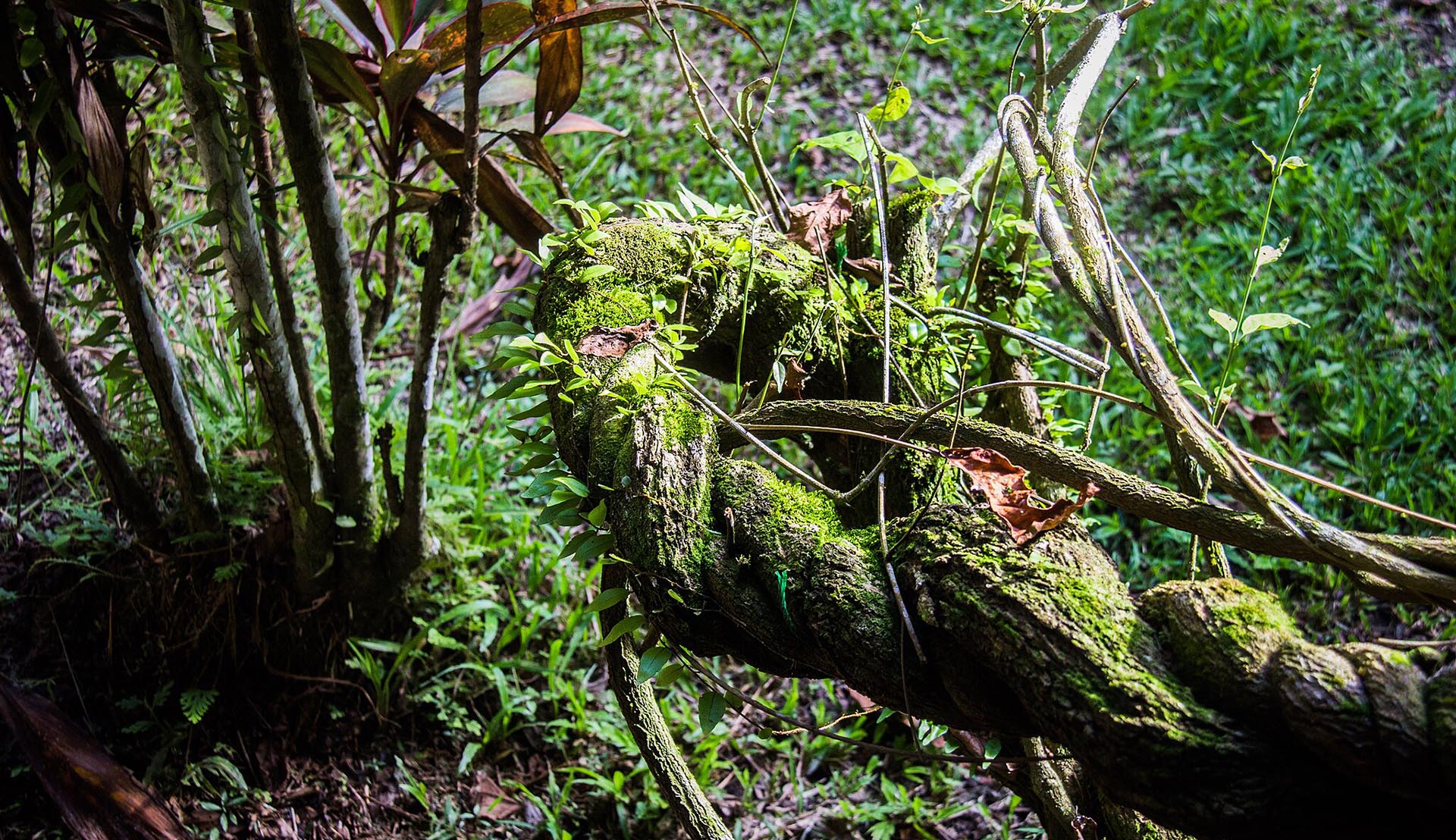Is an Amazonian Plant the Future for Treatment-Resistant Depression?

PREMIUM CONTENT for MEMBERS ONLY
The prevalence of Major Depressive Disorder (MDD) has continued to increase and has become a significant health concern, especially among young adults. While many outstanding advancements in the treatment of depression have been made in recent years, including the combination of drug therapy with cognitive strategies like CBT, many individuals are left struggling. These individuals are faced with a diagnosis of treatment-resistant depression and left feeling like there is not a viable solution available to them to relieve their symptoms. However, new scientific findings may be indicative that there is hope for those who have not been responsive towards the commonly prescribed antidepressant medications. Scientists are now finding that Ayahuasca may have powerful anti-depressive effects in patients with treatment-resistant depression.
“…its potential benefits for psychiatric disorders are now being studied. Researchers hope to further understand its powerful healing abilities in hopes of revolutionizing the treatment of mental disorders.”
Ayahuasca is a plant-based serotonergic psychedelic with medicinal properties. Its active agents are β-carboline and tryptamine derivatives. As a sacrament, ayahuasca is still a central element of many healing ceremonies in the Amazon Basin and its ritual consumption has become common among the mestizo populations of South America. Ayahuasca use amongst the indigenous people of the Amazon is a form of traditional medicine and cultural psychiatry. It has been used for thousands of years in ceremonial and ritual practices both as a traditional form of medicine and as a tool to promote healing in spiritual and religious settings. However, it has only been recently that the compound’s potential therapeutic benefits for psychiatric disorders have been studied. Researchers hope to further understand its powerful healing abilities in hopes of revolutionizing the treatment of mental disorders. Could Ayahuasca be the future key to healing psychiatric disorders such as major depression?
“The researchers from the UFRN study took it a step further by investigating the neurological and physiological effects of Ayahuasca in individuals with a clinical diagnosis of treatment-resistant depression.”
A study, conducted at the Onofre Lopes University Hospital (HUOL) of the Federal University of Rio Grande do Norte (UFRN) in Brazil, measured the effects that Ayahuasca has in patients diagnosed with major depression. Prior to this study, research done on the effects of psychedelic drugs like Ayahuasca on has largely been limited to subjective outcomes, e.g. psychiatric symptoms, without studying the effects on molecular biomarkers. In addition, these previous studies focused primarily on the response of healthy participants to the drug. The researchers from the UFRN study took it a step further by investigating the neurological and physiological effects of Ayahuasca in individuals with a clinical diagnosis of treatment-resistant depression. Such a diagnosis is defined by the inability to achieve symptom improvement or remission following a minimum of two treatments with antidepressant medications from multiple classes. The investigators conducted a randomized double-blinded, placebo-controlled trial. They used a healthy control group to differentiate the varying effects of Ayahuasca between those with MDD and those who are healthy with no present or prior diagnosis of a psychiatric disorder. There was a total of 72 adult volunteers who participated in the study, where 28 of them were patients with a treatment-resistant depression diagnosis and 44 of them were in the control group with no present or past diagnosis of a mood disorder. All 72 volunteers were inexperienced to the effects of psychedelic drugs which allowed for them to be partially blinded to the potential mind-altering effects they could experience from the psychedelic and increased the reliability of the placebo. Due to the participants’ lack of prior experience of the effects of Ayahuasca, researchers could better understand whether the dosage of Ayahuasca would play a significant role both emotionally and physiologically in the biomarkers of the participants. Researchers were able to successfully blind the study by making the placebo into a brew that appeared and tasted similar to the Ayahuasca brew. While the placebo had no psychoactive components, it did have the potential to have the same unpleasant gastrointestinal side effects that Ayahuasca typically causes, such as serious nausea, vomiting, and diarrhea. This resemblance of side effects between Ayahuasca and placebo enabled the blinding of the intervention.
“In addition to the symptomatic improvement, the results showed that there were notable improvements in the biological markers of those diagnosed with major depression.”
The findings indicated that patients with MDD demonstrated both positive symptomatic and biological responses to the dosage of Ayahuasca based on the researchers’ measurements of multiple biomarkers. The week following the Ayahuasca intake, researchers had also found there to be a statistically significant decrease in suicidal ideations and suicide attempts. In addition to the symptomatic improvement, there were notable improvements in the biological markers of those diagnosed with major depression. Specifically, researchers found that the patients dosed with Ayahuasca had experienced an improvement in their Cortisol Awakening Response (CAR) and serum cortisol levels, suggesting an attenuation of the patients’ stress responsiveness. They also found decreased levels of C-Reactive Protein, which indicates lower levels of inflammation in the body. In contrast, the placebo group did not show the same improvements. Additionally, patients in the active treatment group showed changes in serum brain-derived neurotrophic factor (BDNF). Increased levels of BDNF are thought to decrease the symptoms of depression by working to repair the brain and stimulating the growth of new neurons leading to improved cognitive function. These physiological improvements observed in patients with MDD were correlated with alleviation of patients’ depressive symptoms which were evaluated two days following the dosing of Ayahuasca.
“These encouraging findings have the potential to revolutionize the treatment of mental health disorders even beyond treatment resistant depression.”
It is also important to note that based on previous studies, Ayahuasca does not seem to cause addiction or dependence to the drug, resistance to dosage, impairment of cognitive abilities beyond the treatment period, toxic effects on the body, or any permanently negative side effects. The encouraging findings of this study have the potential to revolutionize the treatment of mental health disorders even beyond treatment resistant depression. Several clinical trials and experimental studies are now under way to test for the potential of Ayahuasca to treat different psychiatric disorders due to the drug’s ability to target multiple pathways in the brain. Future research still needs to be done to better understand the long-lasting effects of Ayahuasca on the brain and the long-term response in these molecular biomarkers. Ayahuasca could be the long sought solution to improve treatment outcomes in patients diagnosed with MDD who are struggling with resistance to their previous drug treatments.

Amanda Johnson is a recent graduate from the University of Southern California where she received her degree in Psychology. In addition to her university studies, she earned her Integrative Nutrition Health Coach certification from the Institute of Integrative Nutrition (IIN).
✓ This article was reviewed and approved by Emeran Mayer, MD